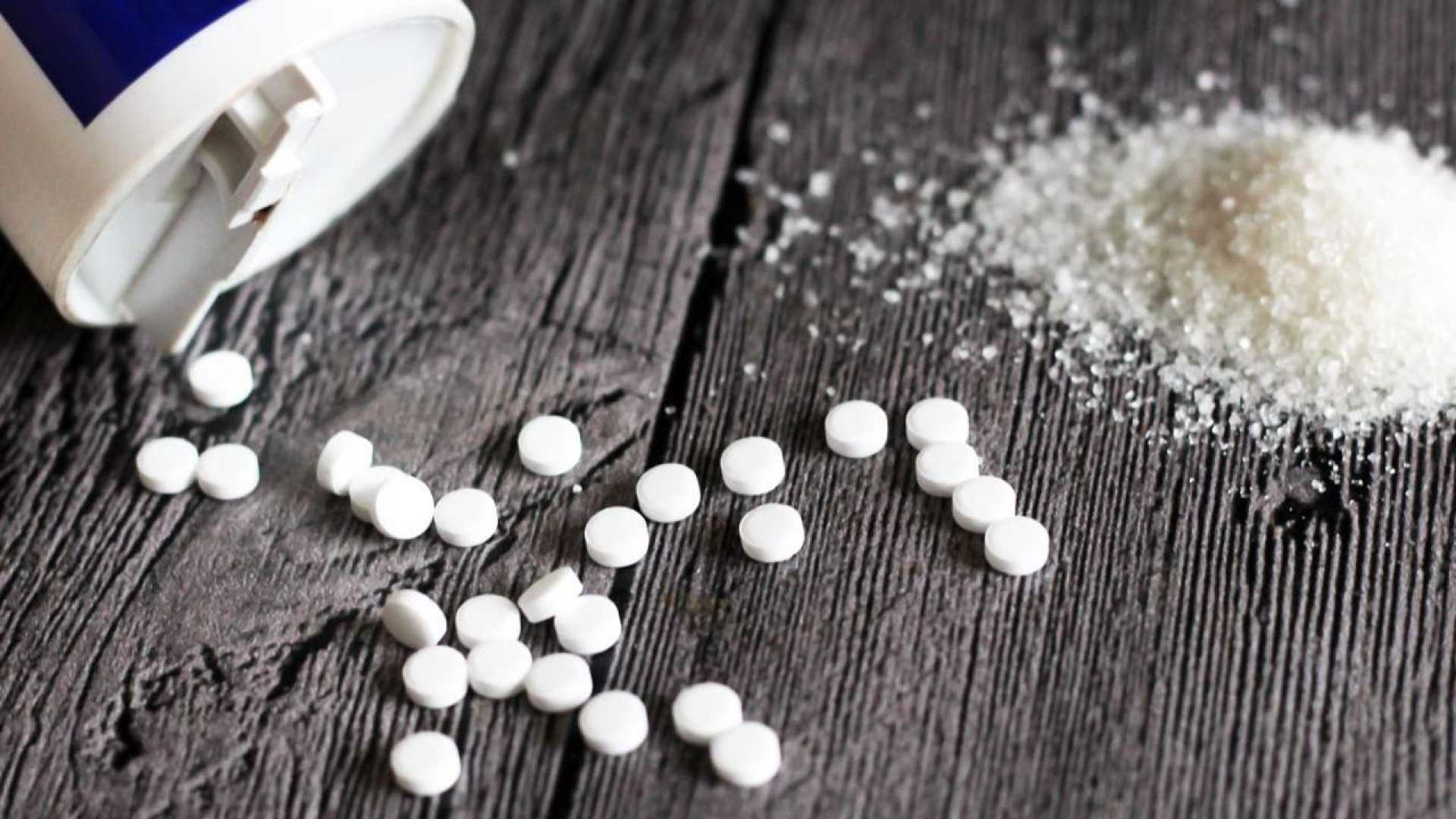Health
Sucralose Found to Impair Cancer Immunotherapy Efficacy, New Study Reveals

PITTSBURGH – New research indicates that sucralose, a common artificial sweetener, may hinder the effectiveness of cancer immunotherapy. Researchers at the University of Pittsburgh conducted a study published in a journal of the American Association for Cancer Research, revealing that patients with melanoma and non-small cell lung cancer who consumed high levels of sucralose experienced poorer treatment outcomes compared to those with lower consumption.
The study involved 157 participants undergoing immunotherapy for cancers. Of these, 91 had advanced melanoma, 41 had advanced non-small cell lung cancer, and 25 were deemed at high risk for melanoma recurrence. Before treatment began, participants completed dietary questionnaires to estimate their sucralose intake.
Results showed that consuming more than 0.16 milligrams of sucralose per kilogram of body weight daily was linked to worse treatment responses. For those with advanced melanoma, lower sucralose intake correlated with a median extension of survival by five months. Similarly, non-small cell lung cancer patients saw an 11-month survival improvement.
Research leader Abby Overacre stated, “The level that appears to subvert the effect of immunotherapy is about 5 percent of the recommended daily level.” The US Food and Drug Administration suggests limiting sucralose intake to no more than 5 milligrams per kilogram of body weight.
In animal studies, researchers found that mice receiving sucralose during immunotherapy exhibited increased tumor growth and reduced survival. This was partly attributed to changes in their gut microbiome, which impaired T-cell functions necessary for fighting cancer. Supplementing with arginine, an amino acid vital for immune cell function, managed to counteract these adverse effects in mice.
Researchers aim to explore whether similar impacts occur in humans, emphasizing the need for further clinical studies. They hope to examine additional types of artificial sweeteners to understand their effects on immunotherapy and overall health.
“Finding ways to improve existing treatments, like stopping artificial sweeteners, could lead to simpler and cheaper alternatives for patients,” remarked senior author Diwakar Davar. The research underscores the importance of dietary considerations in cancer treatment.












